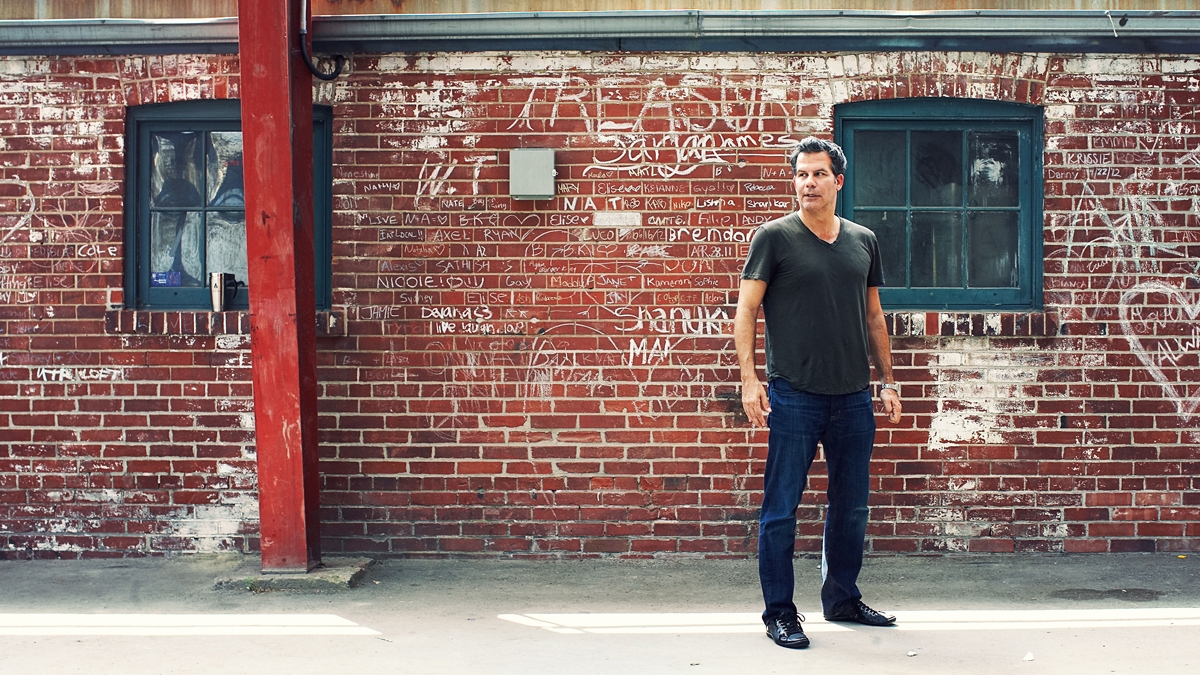At the Jacobin website, Sam Wetherell discusses Richard Florida’s latest book, The New Urban Crisis, in which he all but confesses to being dead-wrong about the broad economic benefits of policies centered on the “creative class.” As Wetherell notes, it’s more than a little ironic that Florida’s once influential ideas about the creative class helped create the “new urban crisis” that he now decries. Here’s an excerpt from the Wetherell’s piece:
Over the last decade, Florida has been beating a retreat away from some of his early optimism. As early as 2005 he described the “externalities” of the rise of the creative classes — namely, they brought dizzying levels of income inequality into every city that they’ve inhabited. As his work evolved, the “creative economy” has ceased to be a goal and instead become an unstoppable force, something that governments need to be tame rather than encourage.
His latest book, The New Urban Crisis, represents the culmination of this long mea culpa. Though he stops just short of saying it, he all but admits that he was wrong. He argues that the creative classes have grabbed hold of many of the world’s great cities and choked them to death. As a result, the fifty largest metropolitan areas house just 7 percent of the world’s population but generate 40 percent of its growth. These “superstar” cities are becoming gated communities, their vibrancy replaced with deracinated streets full of Airbnbs and empty summer homes.
Meanwhile, drug addiction and gang violence have spread to the suburbs. “Much more than a crisis of cities,” he writes, “the New Urban Crisis is the central crisis of our time” — “a crisis of the suburbs, of urbanization itself and of contemporary capitalism writ large.”
Image via radio.wpsu.org.
